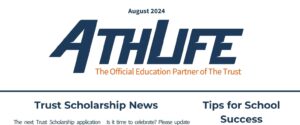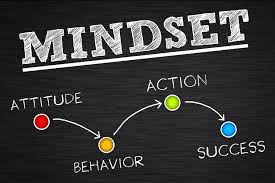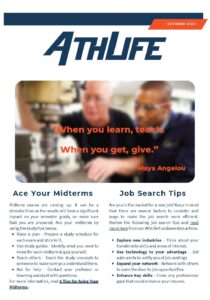Lifelete Fundamental
This is part four of a four-part series based on the 2015 Bloomberg Recruiter Report that reveals the top skills recruiters seek and cannot find. This week we conclude the series with strategic thinking.
According to a Peter Walsh post in the Harvard Business blog, “Strategic thinking goes beyond looking at what is – it involves imagining what could be. It’s a fresh point of view on a market, a unique take on the future, or a capacity to imagine new answers to old problems.”
So how do you know if you are a strategic thinker? According to Walsh, strategic thinkers differ from conventional thinkers because they are:
- Future-based
- Curious
- Long-term focused
- Willing to Take Risks
- Able to Prioritize
- Nimble
- Life-Long Learners
- Creative
If you do not possess all the characteristics of a strategic thinker you may want to consider the following tips to self-evaluate and to improve your skills:
- Evaluate and identify gaps in your strategic thinking: Click here to look at the chart by the Mitchell Communications Group to determine if you are more of a strategic or conventional thinker. Look closely at each characteristic and how it is described to see where your thinking skills fall.
- Use the approaches Walsh suggests in his blog post to develop a plan to improve your strategic thinking skills:
- Constantly question your own opinions
- Include people with diverse areas of expertise on your team
- Get out of the office
Some ideas to tackle these approaches include:
- Always ask for other’s opinions on a situation and/or asking for feedback on a task/project
- Surround yourself with people with different expertise than your own and don’t be afraid to seek their thoughts and advice to complement your own
- Network – networking is a great way to meet people with diverse ideas, opinions, areas of expertise etc., exposing you to a wider variety of thinking skills
Finally, remember that recruiters are struggling to find employees with strategic thinking skills, so make sure you find ways to articulate to potential employers through your resume and interview that you possess those skills.



